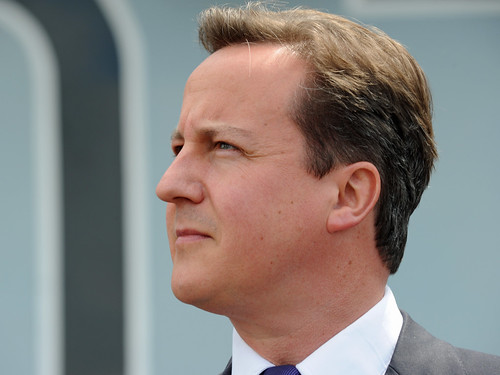11th June 2012
Forced Marriage Made Illegal

In his 2011 message for World Peace Day, Pope Benedict emphasised the role of the family as “the school of freedom of peace”, the bedrock of our social fabric. His Holiness added that the family founded on marriage was “the expression of the close union and complementarity between a man and a woman”.
The practice of forced marriage, in which one or both spouses do not consent to the marriage but are coerced into it, is the opposite of that peace and complementarity of which Pope Benedict spoke. More than a travesty of the institution of marriage it is, as described by Prime Minister David Cameron in October last year, “a form of slavery” and “completely wrong”. On 8 June, the Prime Minister announced that legislation will be introduced to make forcing someone to marry a criminal offence in England and Wales.
The UK is a global leader on work to tackle forced marriage. It needs to be. The statistics are frightening. Nearly 600 cases have been referred in 2012 alone to the government’s Forced Marriage Unit. 14% of the victims were under 15 years of age. Another 5% involved victims with disabilities. The cases involved victims from over 20 countries, including the UK.
In parallel, the government has signed up to the Council of Europe’s convention on preventing and combating violence against women and domestic violence (CAHVIO). The announcements are part of the UK Government’s “Call to End violence Against Women and Girls Action Plan”. Domestic violence and forced marriage are incompatible with the basic role of the family which should be, in Pope Benedict’s words: “the primary training ground for harmonious relations at every level of coexistence, human, national and international”. My government is determined to eradicate forced marriage and prevent domestic violence wherever possible.
1 comment on “Forced Marriage Made Illegal”
Comments are closed.